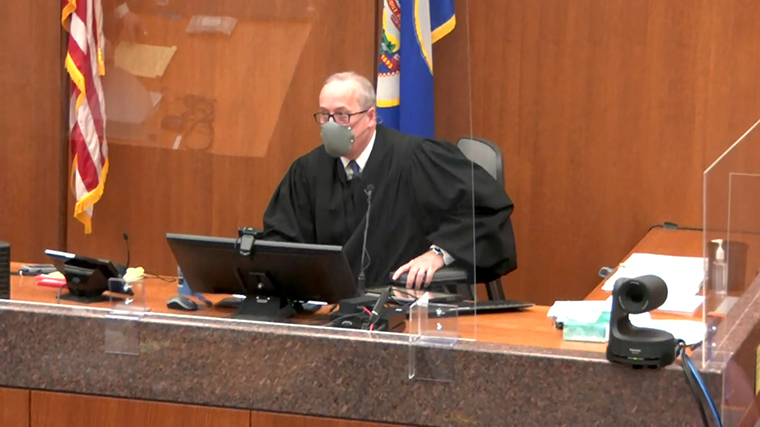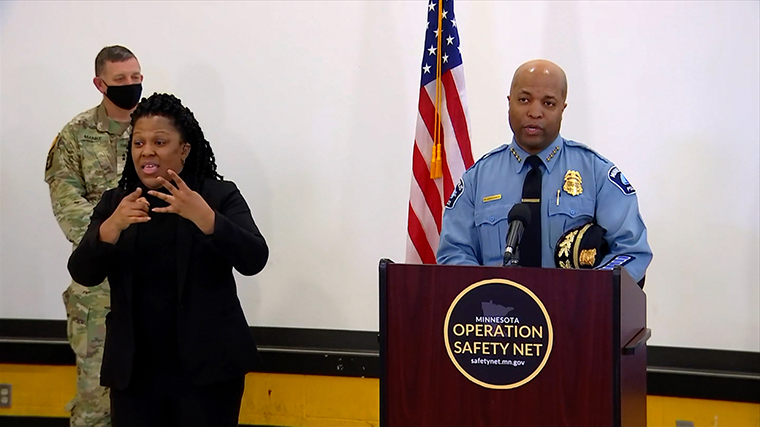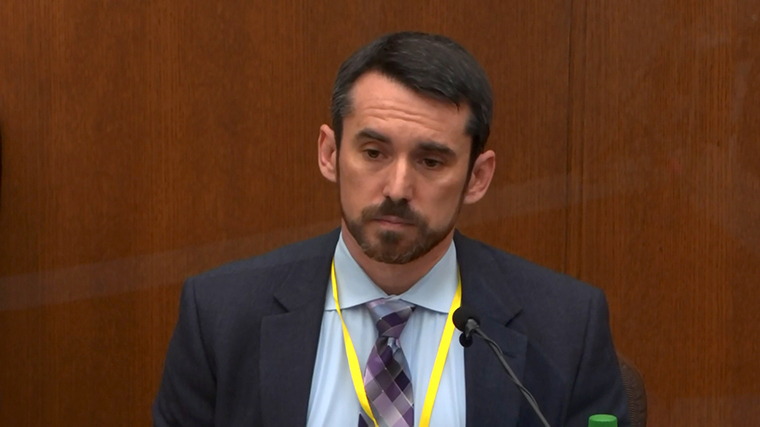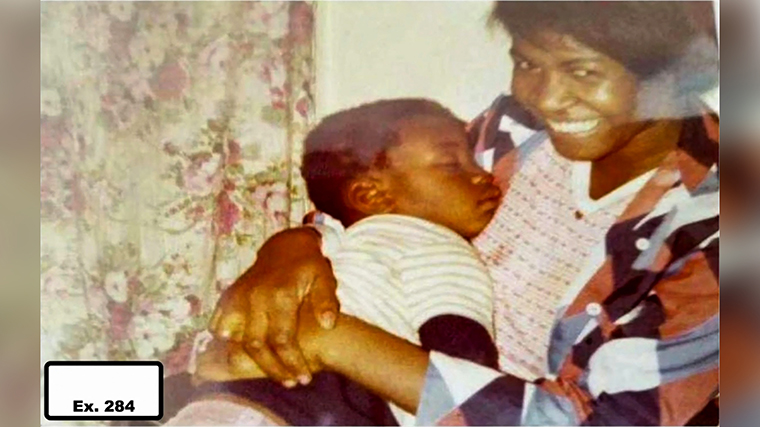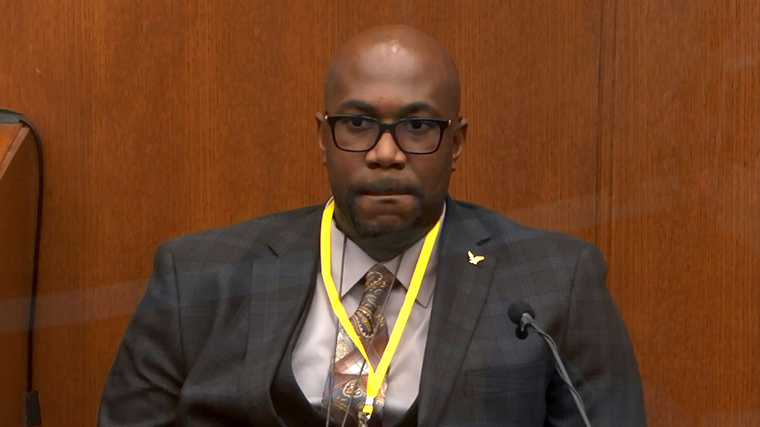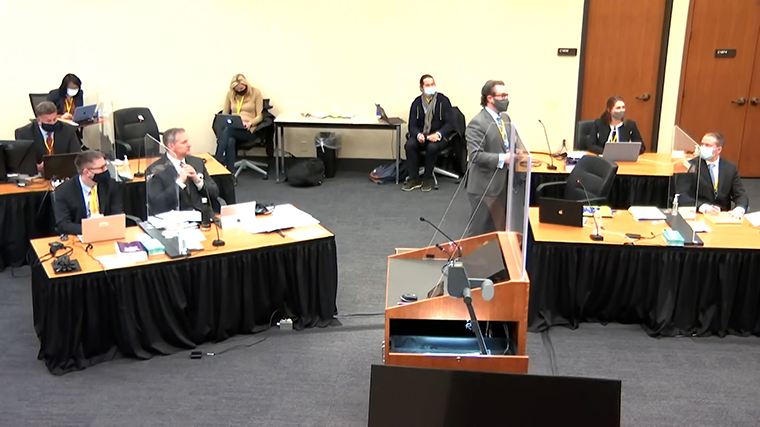
George Floyd's brother, a use-of-force expert and a cardiologist testified today in the trial of former Minneapolis Police officer Derek Chauvin.
Judge Peter Cahill also told jurors he expects closing arguments to start Monday. At which point, he said, the jury would be sequestered.
Here's what else happened in court today:
George Floyd's brother testifies: Philonise Floyd offered a heartfelt testimony as prosecutors sought to humanize Floyd, the 46-year-old Black man who died last May after Chauvin kneeled on his neck and back for more than 9 minutes. He told the court that his elder brother George Floyd was a mama's boy and a loving person when they were growing up in Houston. During his testimony, prosecutors showed several photos of a smiling George Floyd with his mother, his basketball teammates and his young daughter. Philonise Floyd described his brother as an athlete and dedicated student of both basketball and football. "He was so much of a leader to us in the household, he would always make sure we had our clothes for school, make sure we would get to school on time," Philonise Floyd said. "He just was like a person that everybody loved around the community. He just knew how to make people feel better."
Cardiologist says Floyd died from cardiopulmonary arrest: Dr. Jonathan Rich, a cardiologist based in Chicago, testified that Floyd died from cardiopulmonary arrest caused by low oxygen levels brought on by prone restraint and positional asphyxia — making him the fifth doctor to say as much in Chauvin's trial.
Use-of-force expert says Chauvin's actions were unreasonable: Seth Stoughton, a use-of-force expert, former police officer and associate professor of law at University of South Carolina, said Chauvin's actions represented deadly force and were unreasonable. "Both the knee across Mr. Floyd's neck and prone restraint were unreasonable, excessive and contrary to acceptable police practices," Stoughton said. He added: "No reasonable officer would have believed that was an appropriate or acceptable use of force."
Defense to present their case tomorrow: The defense is expected to begin presenting their case Tuesday, Cahill told the jury. He said he expects the presentation of evidence in the trial will be done "by the end of the week."
Judge expects closing arguments to start Monday: Cahill indicated that there may not be court Friday if there are no additional witnesses. The judge told the jurors he did not want to isolate them in a hotel over the weekend. "My preference is to give the attorneys more time to prepare their closing arguments and have the closing arguments, we predict, on Monday," he said. Cahill then told jurors: "Expect that when you report for duty on Monday that it be followed by sequestration. So, pack a bag."
